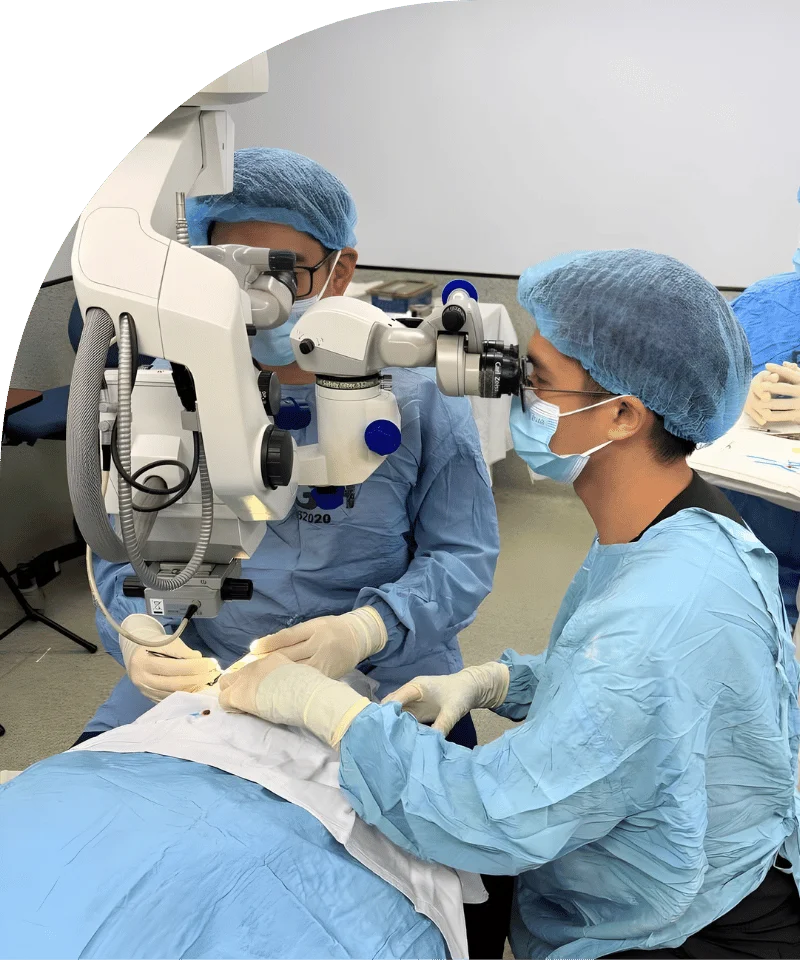Understanding the Purpose of a First Fertility Clinic Appointment
A first appointment at a fertility clinic can feel both exciting and overwhelming, especially for individuals or couples eager to grow their family. Many people schedule this visit after months of trying to conceive without success, but others come earlier to learn more about their reproductive health or to explore options for future family planning. Unlike a routine checkup with an OB-GYN, a fertility clinic offers specialized expertise and advanced testing focused on identifying the unique factors that affect conception. During this visit, the fertility specialist’s goal is to gather as much information as possible to create a personalized plan that fits your needs. Patients often appreciate that a fertility clinic provides a comprehensive approach, considering everything from hormone balance to lifestyle factors. Whether you are seeking answers for unexplained infertility or simply want to understand your fertility potential, the initial consultation marks a proactive step toward clarity and hope. By setting clear expectations and understanding the purpose of the appointment, you can approach the day with confidence and a positive mindset.
Preparing for Your Appointment
Preparation plays a vital role in making your visit to the fertility clinic smooth and productive. Before your appointment, gather key medical records, including any past reproductive health test results, menstrual cycle tracking, or previous pregnancy details. Lifestyle factors such as diet, exercise habits, stress levels, and even sleep patterns may be discussed, so it’s helpful to jot down notes about your daily routines. If you are taking medications or supplements, bring a complete list to share with your fertility specialist. Couples should coordinate to ensure both partners’ health histories are included, as fertility challenges can involve either or both individuals. It’s also wise to prepare a list of questions about testing, treatment options, or lifestyle changes that may support reproductive health. Coming organized allows you to maximize the time with your provider and helps the team better understand your needs. With preparation, you will feel more in control and ready to focus on the guidance the fertility clinic provides.
The Initial Consultation with a Fertility Specialist
During the consultation, you will meet with a fertility specialist who will spend time learning about your personal and family medical history. Expect detailed conversations about menstrual cycles, previous pregnancies, contraceptive use, and any past surgeries or health conditions that could affect fertility. If you are part of a couple, the specialist will also ask questions about your partner’s health and lifestyle to gain a complete picture. This is an opportunity to share your goals, whether that means conceiving naturally, exploring assisted reproductive technology, or understanding your options for future planning. The fertility specialist will likely explain how the clinic approaches diagnosis and treatment, giving you a roadmap for the next steps. This discussion is also a chance to address any worries or fears you might have, as the staff is trained to provide compassionate support. By the end of this conversation, you should have a clear understanding of the tests that may follow and the direction your care will take. The consultation helps set the stage for a personalized, science-based plan to move forward.
Comprehensive Health and Fertility Evaluations
After the initial discussion, a series of evaluations usually follows to assess reproductive health. Physical examinations are often performed to identify any underlying conditions that may affect fertility, such as uterine or ovarian issues. Bloodwork is common, allowing the clinic to check hormone levels that play a critical role in ovulation and sperm production. Imaging tests, including ultrasounds, may be recommended to provide a detailed view of the reproductive organs and to detect any abnormalities. For couples, a semen analysis is frequently suggested to measure sperm count, motility, and overall health. These evaluations are designed to give a complete picture of both partners’ fertility and help the specialist pinpoint possible barriers to conception. Although it might feel like a lot of testing, each step is essential for creating a plan tailored to your specific needs. The fertility clinic staff will explain every procedure, ensuring you feel informed and comfortable throughout the process.
Personalized Treatment Planning
Once the evaluations are complete, the fertility specialist will review all test results and discuss potential treatment options. These may include lifestyle adjustments such as improved nutrition, stress management, or weight optimization to boost fertility naturally. In some cases, medication may be prescribed to stimulate ovulation or regulate hormone levels. Advanced treatments like intrauterine insemination (IUI) or in vitro fertilization (IVF) might be recommended depending on the diagnosis. Your provider will also talk about timelines, possible side effects, and estimated costs so that you can make well-informed decisions. The treatment plan is never one-size-fits-all; it is carefully designed to align with your health profile and reproductive goals. Fertility clinics understand the emotional and financial investment involved, so they take time to explain every detail and answer all questions. This personalized approach ensures that you and your partner feel supported and empowered as you move forward.
Emotional and Mental Health Support
Navigating fertility challenges can be emotionally taxing, and a reputable fertility clinic recognizes the importance of mental well-being throughout the journey. Feelings of anxiety, frustration, or sadness are common, and it’s perfectly normal to experience a range of emotions. Many clinics offer counseling services, support groups, or workshops to help patients cope with stress and stay hopeful. Fertility specialists often encourage open communication between partners to maintain a strong emotional connection during treatment. Mindfulness practices, gentle exercise, and healthy sleep habits can also help manage stress levels. Emotional support is not only beneficial for mental health but can positively influence physical well-being and treatment outcomes. By taking advantage of these resources, you can approach the process with greater resilience and a sense of balance. Acknowledging the emotional aspect of fertility care is an important step toward holistic health.
What Happens After the First Visit
When your first fertility clinic appointment ends, you will leave with a clear plan for next steps. Follow-up appointments may be scheduled for additional testing or to start treatment based on the initial findings. The clinic will provide instructions for lifestyle changes, medication schedules, or timing for future visits. Staying proactive with communication is key—don’t hesitate to reach out with questions or updates about your health. Some patients may begin treatment quickly, while others might need more time for further evaluation or decision-making. Your provider will guide you through each stage, ensuring you feel supported and informed. By keeping track of recommendations and staying engaged, you can help your care team deliver the best possible outcome. The first visit is just the beginning of a collaborative partnership aimed at achieving your fertility goals.
Practical Tips for a Smooth Experience
To make the process easier, consider scheduling appointments during times that minimize work or family conflicts. Check with your insurance provider ahead of time to understand coverage for fertility testing and treatment, as financial planning is an important part of this journey. Bringing your partner or a trusted friend can provide emotional support and help you remember key information shared during the visit. Wear comfortable clothing for any physical exams or procedures that may occur. Keep a dedicated folder for test results, appointment notes, and billing information to stay organized. Communication with your fertility clinic staff is essential; don’t hesitate to ask for clarification on instructions or next steps. By taking these practical measures, you can reduce stress and focus on the care and guidance provided by the fertility team.
Frequently Asked Questions (FAQ)
How long does the first fertility clinic appointment usually take?
Most first visits last between one and two hours, depending on the depth of the evaluation and any initial tests performed.
Do both partners need to attend the first visit?
It’s highly encouraged for both partners to attend, as fertility involves both individuals and shared insights help create a complete plan.
What is the average cost of initial fertility testing?
Costs vary by location and services, but many clinics provide a breakdown of fees and can help with insurance inquiries.
How soon can treatment begin after the first consultation?
Treatment may begin shortly after test results are reviewed, but timelines depend on each patient’s unique circumstances and the chosen approach.
Are there lifestyle changes to start before treatment?
Yes. Maintaining a balanced diet, managing stress, and avoiding tobacco or excessive alcohol can improve reproductive health before and during treatment.











